Welcome to In Reading Color, a space where we focus on literature by and about people of color.
We’re closing out Black History Month on a good note, with part of the transcript of a conversation I had with Tracy Heather Strain, award-winning director of the documentary Zora Neale Hurston: Claiming a Space, now streaming on PBS. She told me about the process of creating the film, what Hurston means to American literature and the field of Sociology, and how boldly feminist the author and researcher was in her everyday life.
Bookish Goods
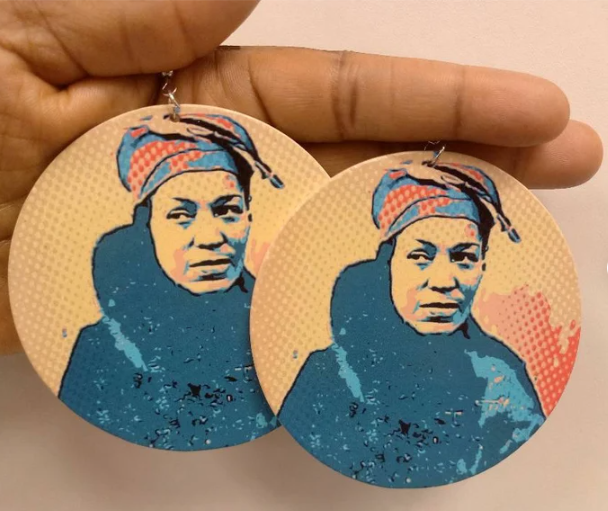
Zora Neale Earrings by AnkaraRaveCollection
Today is Zora Neale Hurston-themed! Get these earrings, with a real picture of Hurston, for $23.
New Releases
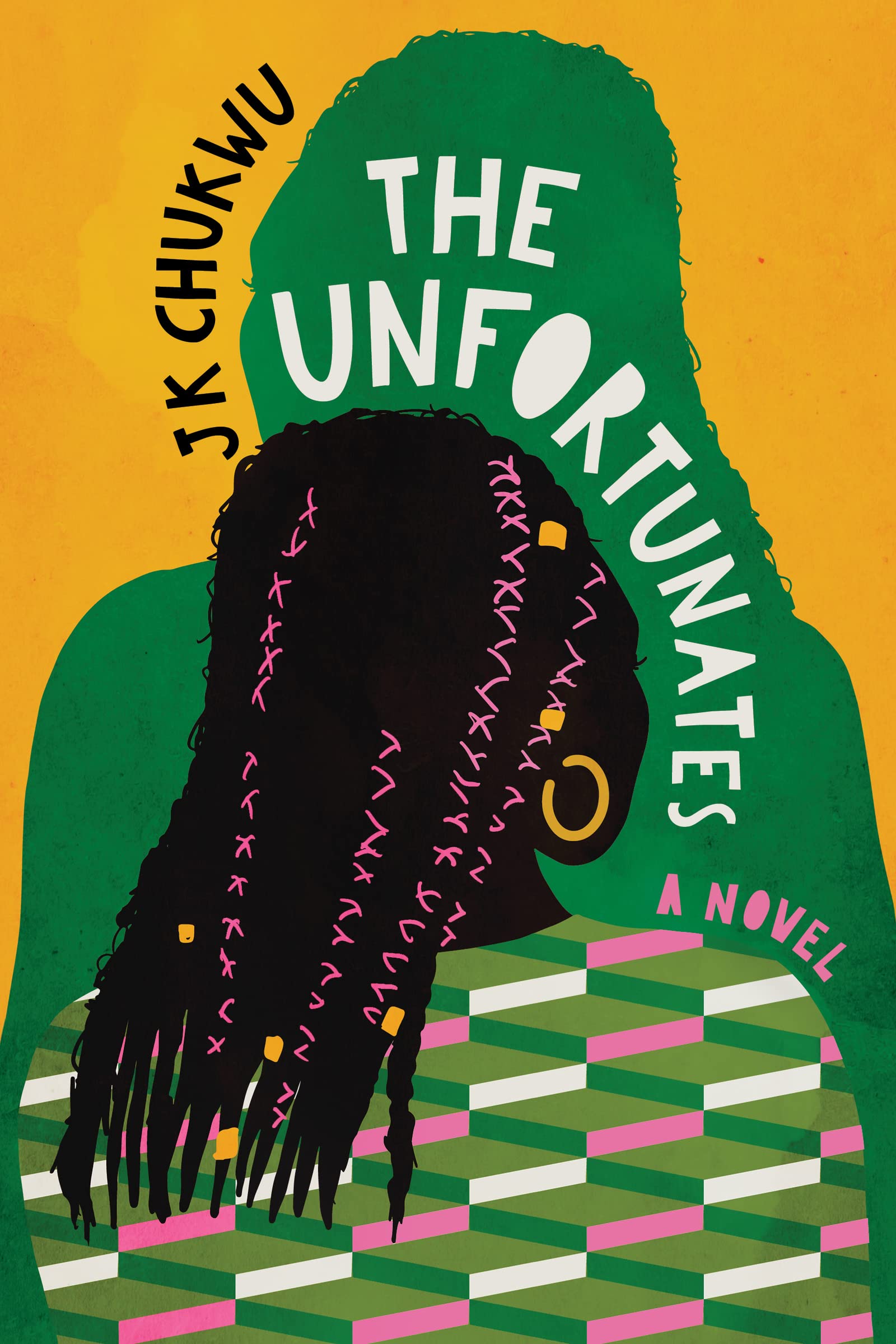
The Unfortunates by J.K. Chukwu
*New author alert!*
With her debut, Chukwu brings the heat down on Academia. Readers are brought into the world of Sahara, a queer half Nigerian sophomore at a predominantly white institution, through her honors thesis. Even as she struggles with long-term depression, aided no doubt by less than stellar grades and body image issues, she notices what’s happening to other Black students at her elite college. These “Unfortunates” are disappearing — by dropping out, dying by su*cide, or simply vanishing. With cutting humor, Sahara aims to be a voice for the unfortunate students by writing of their mistreatment in her thesis. Hopefully, before she becomes one of them.
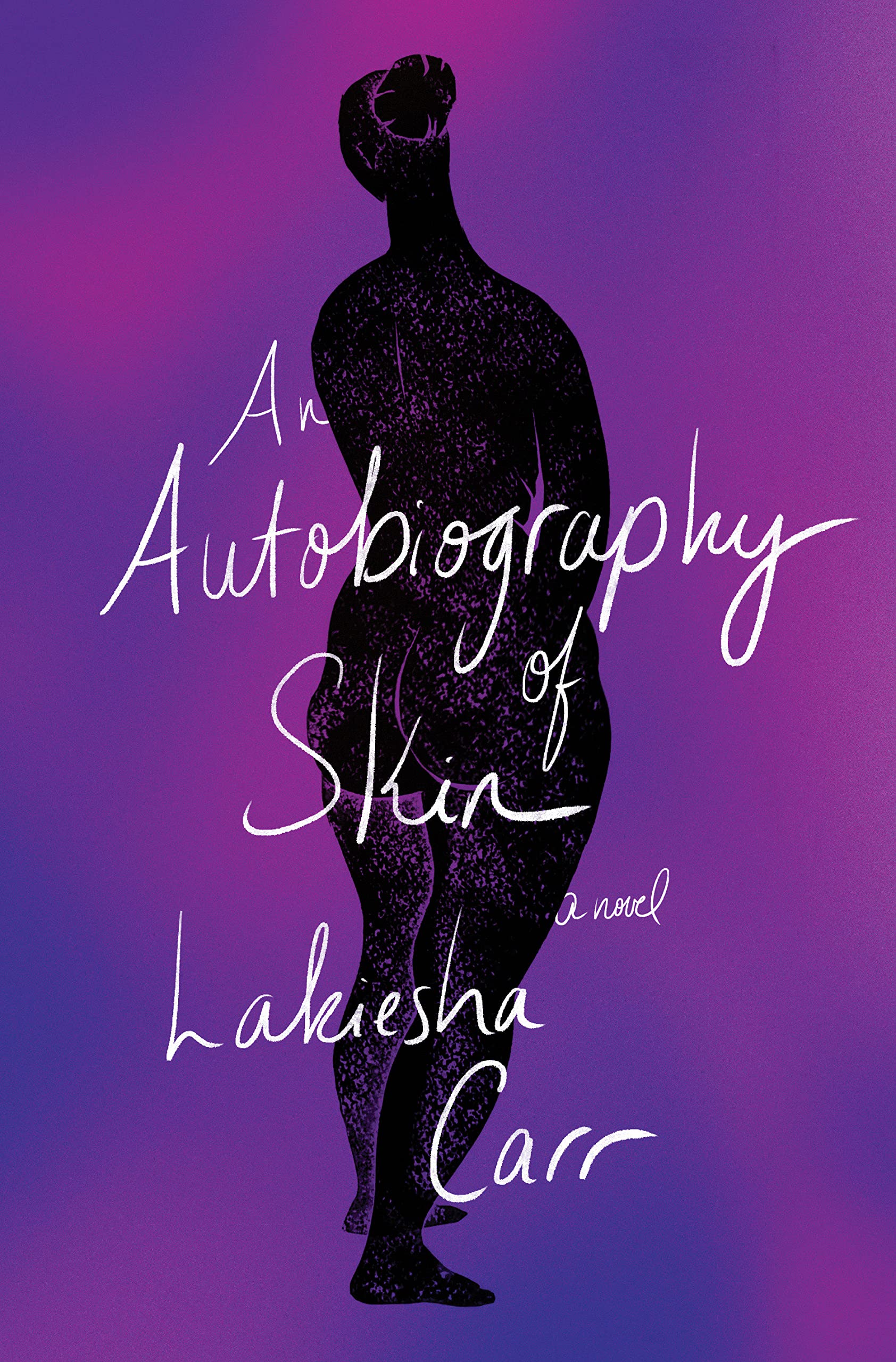
An Autobiography of Skin by Lakeisha Carr
Carr explores the trauma of three Black women — and their families — through three different but connected parts. Nettie, who grew up during integration, now smokes and gambles away her regrets in a parlor. Maya, on the other hand, is suffering from postpartum depression, and new reports of Black people being killed adds to her anxieties surrounding her children. Then there’s Ketinah, who waits out a storm with other family members, bringing out the ghosts that have haunted them all.
More New Releases:
Black Candle Women by Diane Marie Brown (Fantasy, Contemporary)
Black Earth Wisdom: Soulful Conversations with Black Environmentalists by Leah Penniman (Nonfiction, Environment)
Carmilla: The First Vampire by Amy Chu, Too Lee (Fantasy, Graphic Novel)
Liliana’s Invincible Summer: A Sister’s Search for Justice by Cristina Rivera Garza (Memoir, True Crime)
The Daughters of Madurai by Rajasree Variyar (Historical Fiction)
The Neighbor Favor by Kristina Forest (Romance)
Time’s Undoing by Cheryl A. Head
Your Driver is Waiting by Priya Guns (Literary Fiction)
Last Violent Call: A Foul Thing; This Foul Murder by Chloe Gong (Young Adult, Fantasy, Mystery, Historical)
She Is a Haunting by Trang Thanh Tran (Young Adult, Fantasy, Gothic Horror)
For a more comprehensive list, check out our New Books newsletter.
Riot Recommendations
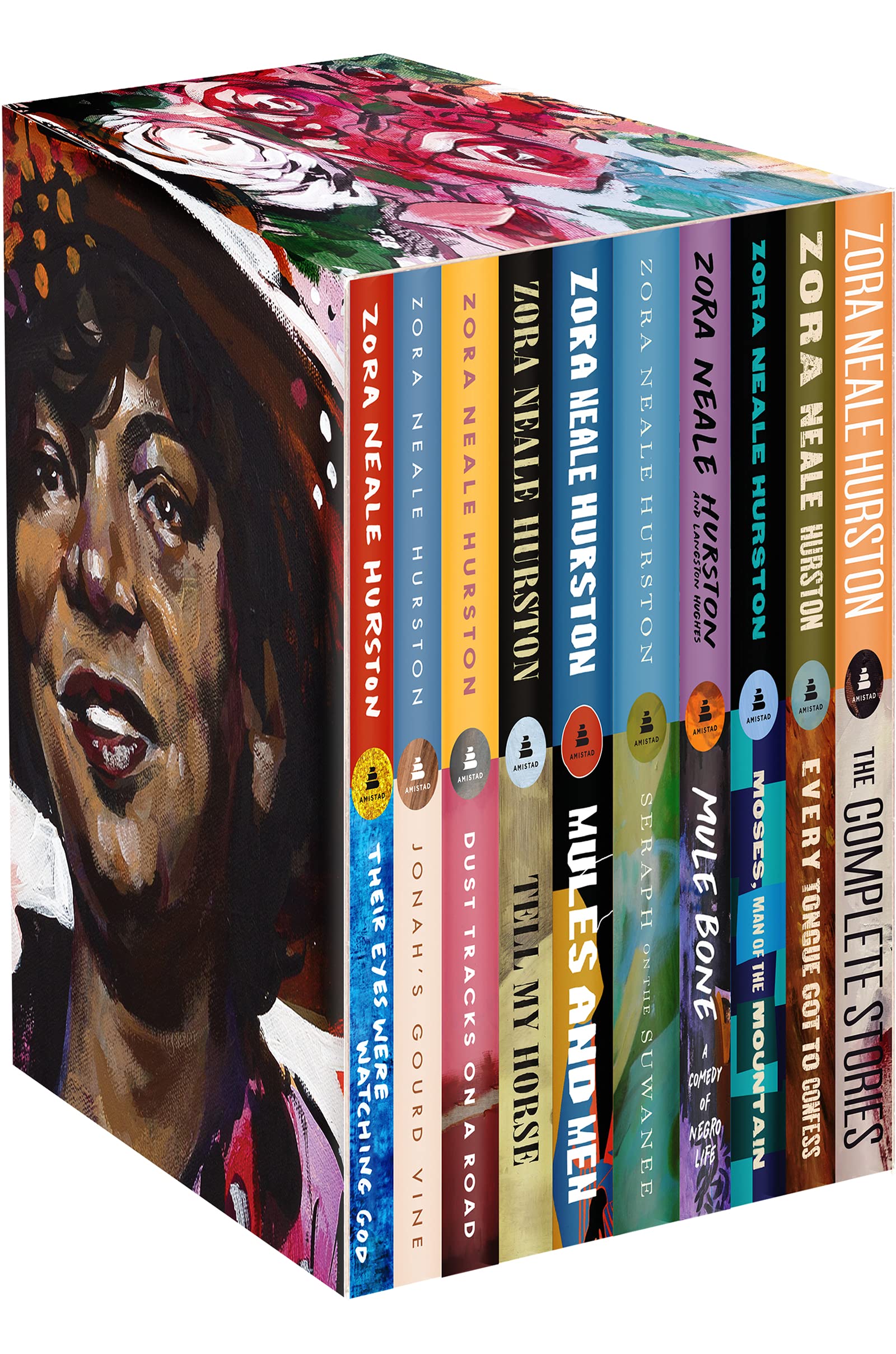
Zora Neale Hurston Boxed Set
Includes: Dust Tracks on a Road, Jonah’s Gourd Vine, Mules and Men, Tell My Horse, The Complete Stories, Every Tongue Got to Confess, Moses, Man of the Mountain, Seraph on the Suwanee, Mule Bone, andTheir Eyes Were Watching God.
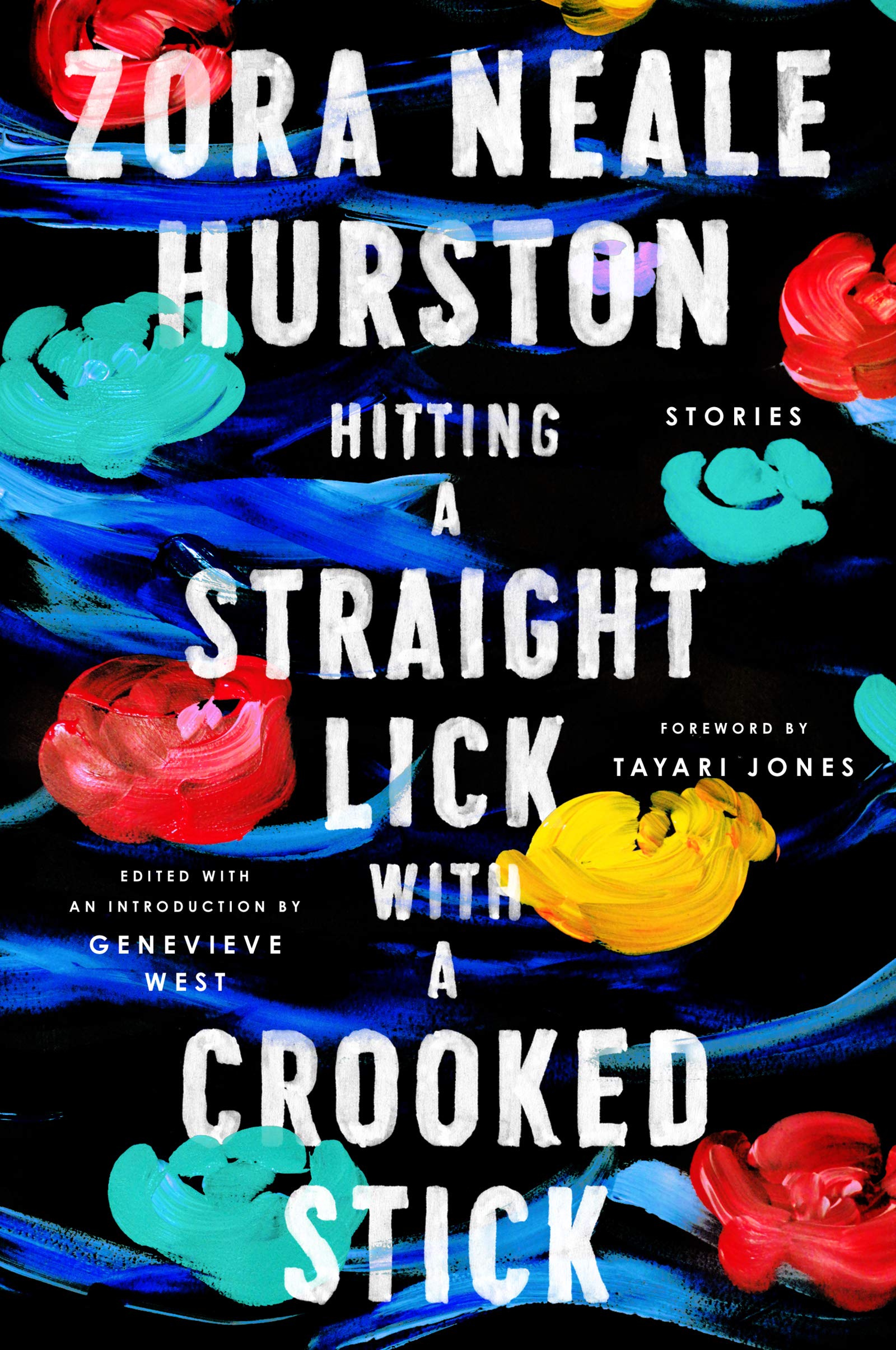
Hitting a Straight Lick with a Crooked Stick
In these stories, together for the first time ever and collected from lost periodicals and archives, Hurston writes of Black life — from migration to love to everyday struggles.
On Making Zora Neale Hurston: Claiming a Space
In Reading Color (IRC): There may be inherent and even subconscious racism involved, of course, when white people record Black histories, but how much of understanding the culture is needed to accurately record it? There was and perhaps still is this idea that anthropologists must be outside and away from their subjects to study them, but Black people have different ways of recording history. How does that affect the end result?
Tracy Heather Strain: With any group, if you go to the community and don’t understand what you’re seeing, you can get undesirable results. Once I’m invited into a community, that’s when I can get strong, heartfelt material. I can’t tell you how many interviews I’ve had where, if I wasn’t Black, the conversation might not have been understood as it was intended. But it can also be deeper than race — a lot of people limit the idea of community to “Black, white, Asian, etc.”
IRC: That’s yet another reminder that we need all kinds of diverse voices, even outside of race — voices from different socioeconomic backgrounds as well, for example.
Tracy Heather Strain: That’s because you’re bringing yourself to it. There’s no such thing as complete objectivity. Documentaries are, like anything, subjective. You have these true facts, but it’s how these facts are incorporated. Documentary is a form of storytelling, it’s not about finding documents.
Take for instance how, once we knew that Their Eyes Were Watching God was the third act climax, we thought backwards from there. We thought “what does an audience need to know to make that moment comprehended as well as felt?” I also knew I wanted to bring up the epilogue about Alice Walker, and was tasked with figuring out what to include so you understood why Hurston disappeared from public view. That’s how we made decisions about what to include, but someone else would choose something else.
IRC: Where are places you’ve seen Zora’s influence that maybe aren’t credit as such?
Tracy Heather Strain:
Well beyond anthropology, and there’s still work being done for her work to be accepted in anthropology, she was also interested in the stage. Someone described her as interdisciplinary before it was a thing to be. It’s kind of interesting to think of what would have happened if she had gone to Yale School of Drama like she had wanted. She wanted to share Black culture and recreate it. She wrote plays while she was at Howard. That’s one main area that people don’t know about.
Another area that’s not related to her creative output was how she handled relationships. They didn’t last long in the ’20s and ’30s because she wasn’t willing to give up her career. So many women wanted to have careers, but she didn’t give up hers. People know she’s a feminist, but don’t know why. And that’s another reason to talk about Zora Neale Hurston.
And then there’s the footage and recordings that she’s helped other researchers get, like Alan Lomax and others. Hurston was the reason he and some other white researchers were able to gather certain material. There were times that what some folklorists were presenting as Black culture was actually Irish or Scottish, and she helped to fix that.
IRC: What is something you’d want people to know about Zora above all else?
Tracy Heather Strain:
One of the things that was really important to me was to make sure that the people and imagery in this film appear as the type of faces she would see. It’s unfortunate that in 2023, this is refreshing and new, but this was a priority for me. A friend said “I know you made this film for everybody, but it also feels like you made it for us.” I feel like there’s a host of stories out there, stories about African Americans that haven’t been told. And since so many people learn things from video, it’s important that this imagery gets out.
It’s not always easy for us to do many things, but we shouldn’t let that stop us. If it is your passion, don’t let that stop you. Zora didn’t let it stop her, she kept going. She didn’t win the Guggenheim at first, but kept trying.
She was a smart and tenacious woman who worked really hard. She read a lot as a kid; she knew the classics. I was privileged to see her papers and drafts, but I don’t think she expected overnight success. There’s a way our society champions people who are overnight successes, but they aren’t. They just got some attention that made it seem that way. She knew what she was passionate about and she pursued it. She created her own path. I’m trying to use her as inspiration. Try to be comfortable with who you are.You don’t have to be perfect.
Zora Neale Hurston: Claiming a Space is currently streaming on PBS.
Thanks for reading; it’s been cute! If you want to reach out and connect, email me at erica@riotnewmedia.com or tweet at me @erica_eze_. You can find me on the Hey YA podcast with the fab Tirzah Price, as well as in the In The Club newsletter.
Until next time,
Erica